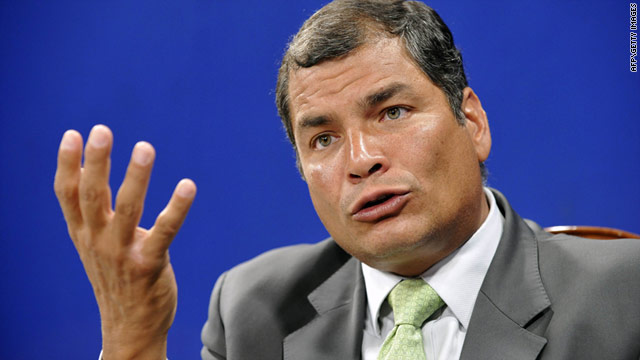By Greg Hall
Impunity Watch Reporter, Europe
MOSCOW, Russia – The U.S. State Department has put certain Russian officials involved in the death of Russian lawyer Sergei Magnitsky on a visa blacklist. At the same time, Moscow has threatened to back out of cooperating with the U.S. in connection with other nations, such as Iran and North Korea, if the Senate goes forward with a plan to impose human rights sanctions on Russia.

Russia responded by stating that the United States cannot expect Russia to join in international sanctions with them while at the same time being sanctioned by the United States. In addition, Russia threatens to end cooperation in allowing transit through their country to Afghanistan by the United States.
Despite possible threats to what the Obama administration calls the “reset” in U.S.-Russia relations and the implications for U.S. interests, supporters of the Senate proposal that has provoked the threats of retaliation say it is the right thing to do. “The reset has brought about improvement in relations,” said former State Department official and Executive Director of Freedom House David Kramer, “but at the end of the day we’re still dealing with the same Russia, which shows no respect for human rights, no accountability and no respect for rule of law.”
The alleged human rights violation took place in 2009 when Magnitsky accused police and tax officials of a $230 million tax fraud. He was quickly arrested and charged with the crime. Magnitsky died in prison after being denied medical care for apparent pancreatitis and likely being badly beaten in his final hours.
Russia’s Investigative Committee said this month it has opened criminal probes against the doctor and deputy head of the Butyrskaya prison in Moscow where Magnitsky had been held for several months. But the top officials cited as being at fault in the report of the council which advises President Dmitry Medvedev on rights issues have not been prosecuted.
The European Parliament, Canada and the Netherlands are also working on possible sanctions against Russia for the human rights violation.
Some sixty Russians are accused of involvement in the incident. However, the number of people whose visas were blacklisted by the United States is not high. In May, Senators Benjamin L. Cardin (D-Md.) and John McCain (R-Ariz.) introduced the Sergei Magnitsky Rule of Law Accountability Act. The act would freeze assets as well as visas. Though named for Magnitsky, it would apply to other future and past cases.
For more information, please see:
AFP – US visa blacklist after Russian lawyer’s death: report – 26 July 2011
The Washington Post – U.S. puts Russian officials on visa blacklist – 25 July 2011
The Library of Congress – Sergei Magnitsky Rule of Law Accountability Act – 19 May 2011



